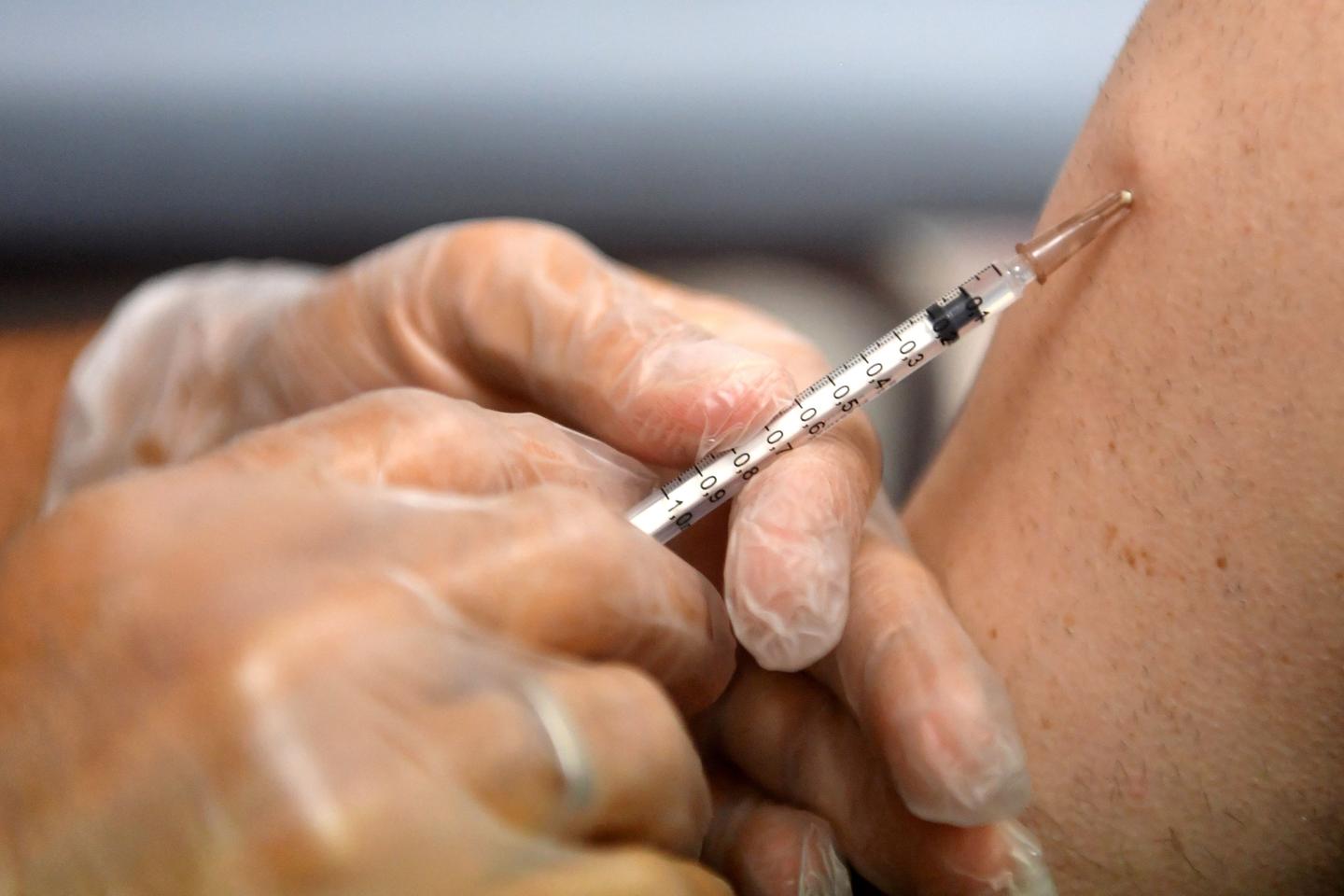


Swedish health officials said Thursday, August 15, they have identified the first case of a person with the more infectious form of mpox first seen in eastern Congo, a day after the World Health Organization declared the outbreaks there and elsewhere in Africa to be a global emergency.
The World Health Organization said more imported Clade 1 mpox cases were likely to be confirmed in Europe soon. "The confirmation of mpox Clade 1 in Sweden is a clear reflection of the interconnectedness of our world... there are likely to be further imported cases of Clade 1 in the European region over the coming days and weeks," the WHO's European regional office said in a statement.
The Swedish public health agency said in a statement the patient recently sought health care in Stockholm. "In this case a person has been infected during a stay in the part of Africa where there is a major outbreak of (the more infectious mpox)," the agency said.
Magnus Gisslen, a state epidemiologist with the Swedish health agency, said the person had been treated and given "rules of conduct."
"The fact that a patient with mpox is treated in the country does not affect the risk to the general population," Swedish officials said, adding that experts estimate that risk to be "very low." They said, however, that occasional imported cases may continue to occur.
Earlier this year, scientists reported the emergence of a new form of the deadlier form of mpox, which can kill up to 10% of people, in a Congolese mining town that they feared might spread more easily. Mpox mostly spreads via close contact with infected people, including through sex.
WHO said there have been more than 14,000 cases and 524 deaths in more than a dozen countries across Africa this year, which already exceed last year’s figures.
So far, more than 96% of all cases and deaths are in a single country – Congo.
Given the resources in Sweden and other rich countries to stop mpox, scientists suspect that if new outbreaks linked to Congo are to be identified, transmission could be stopped relatively quickly.
